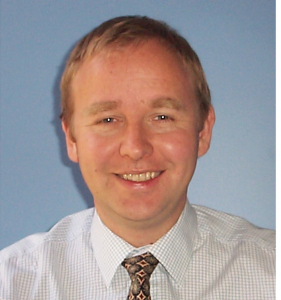USING punitive measures alone to manage sex offenders may not be the best way to make communities safer, according to a Deakin University forensic psychology expert.
Deakin School of Psychology professor, Andrew Day, is leading a study to identify the most effective ways to keep communities safe from sexual offending.
Prof Day said there was little evidence to show that sex offender registration schemes, community notification and residency restrictions were successful in making communities safer.
“There have been few attempts to draw on the expertise of those working with offenders, such as police, correctional workers and allied health professionals, when it comes to developing policy,” Prof Day said.
“As a forensic psychologist who has worked in prisons and hospitals providing treatment to offenders, it is clear that practitioners have a lot of expertise in managing risk.”
The Australian Research Council funded project is investigating offender registration schemes, community notification (or public disclosure) policies and residency restrictions.
“There is little evidence to suggest that any of these policies are successful in making our communities safer,” he said.
“There are also indications that these policies do more harm than good.
“Sex offenders can become socially isolated, have limited access to employment, social support and mental health services, which undermine their chances of reintegrating into the community.”
Prof Day believes that the one-size-fits-all policies currently in place to manage sex offenders living in the community are too restrictive and not as effective in preventing re-offending as more personalised policies that are tailored to the individual needs of offenders.
“We are seeing in our research a need for more sophisticated and integrative systems,” he said.
“Community notification is almost universally regarded as counter-rehabilitative and there is wide-spread support for proactive case management models that engage offenders.
“Perhaps the most important need identified was to reconnect sexual offenders with community supports.
“While restrictive policies can lead to social isolation, new programs that encourage pro-social behaviour would minimise not only the opportunity, but critically the motivation, to re-offend.”
Prof Day acknowledged that managing sex offenders living in the community was a polarising issue that needed to carefully balance the safety of the community with the rehabilitation of offenders.
Get the latest news to your email inbox FREE!
REGISTER






![[READER COMPETITION] – Win a Viking european river voyage valued at $16,190](https://geelongindy.com.au/wp-content/uploads/2025/07/viking-competition-wesbite-image-3-100x70.png)